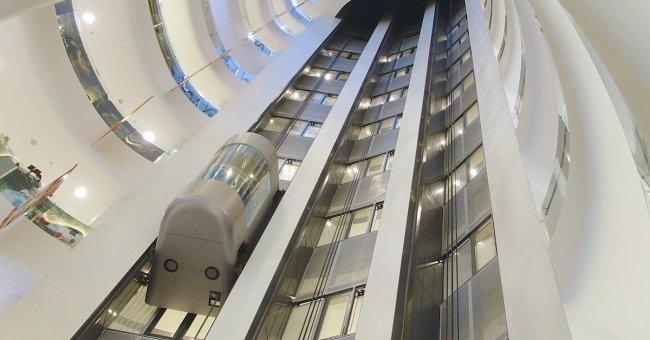At the very heart of Industry 4.0 lies the philosophy of a decentralized marketplace on the shop-floor, an idea we explored in detail in our earlier post. This dynamic sort of everchanging shop-floor transaction pattern poses a massive challenge for the MES in terms of integration. On top of that further complexity is added considering that not only the CPS and CPPS are connected to the IIoT, but the entire value chain is.
The MES for an Industry 4.0 fab is expected to communicate with multiple entities in a value chain and then relay actionable information to concerned stakeholders, while reverting back to the shop-floor with the action initiated from a given stakeholder. That too maintaining the set rules of authority, security, compliance and organizational policies all at the same time, also keeping the dynamic production marketplace at the center of all activities and communication at all times. To be able to do all this the modern MES needs to do a lot more than simply connect the shop-floor to other IT applications.
DEE: DYNAMIC ENGINE EXECUTION
An Industry 4.0 ready MES would operate using what is termed as a DEE, which translates to a Dynamic Engine Execution. The MES offers other integrated applications various services both pre and post-processing, as the decentralized production activities take place and transactions are relayed to multiple systems, with relevant context for a particular stakeholder, in a particular function of the value chain process.
The MES via a DEE may be able to provide information based on pre-set rules to relevant personnel, applications and functionalities, thereby allowing each transaction to have relevance and prompt requisite action. So, an Industry 4.0 MES needs to be modular and pre-integrated, in such a way that based on requirements a set of functionalities may be triggered keeping the dynamic flow through the shop-floor at the heart of the application’s function.
An MES configured this way has distinct advantages in the Industry 4.0 cost and speed context. Through its modular and dynamic design the MES allows various functionalities and work flows to operate simultaneously. A good example: during the production of a unique medical device, the MES finds through the CPPS that a supplier’s part is below the spec required, which has now led to an OOS incident and at the same time triggered a maintenance event calling for immediate repair of the equipment. Also, since the maintenance has to be performed immediately, the production for the next 8 hours needs to be re-routed.
The MES, if vertically integrated, would immediately report the incident to the maintenance department, while sending an automated notification to the supplier to take requisite action about the faulty part along with the history of previous OOS incidents. An immediate rerouting of current orders would also take place and be reported to the plant management, thereby resuming the dynamic flow for continued production.
Vertical integration results in tangible benefits right from improvement of overall product quality, to reduced maintenance cycles, optimized production flow/uptime and clear status of the shop-floor and beyond, by mirroring the entire operation through its own and integrated functional capabilities. Keeping the dynamic production flow at the center and being able to handle extremely complex data streams would be vital for the future Industry 4.0 MES.
Critical Manufacturing empowers high performance operations for some of the most advanced manufacturers worldwide with innovative software technology and advanced services. Its new generation Manufacturing Execution System (MES) is an Industry 4.0 centerpiece, incorporating all necessary integration, mobile, connectivity and logical decentralization features. This deep, unified system increases performance, control and quality for complex manufacturing operations. The company is part of the Critical Group, a private group of companies founded in 1998 to provide solutions for mission and business critical information systems.
For more information, visit www.criticalmanufacturing.com
Critical Manufacturing Deutschland GmbH
Maria-Reiche-Str. 1
01109 Dresden
Telefon: +49 (351) 4188-0639
Telefax: +49 (35205) 120020
http://www.criticalmanufacturing.de
Managing Director / Geschäftsführer
Telefon: +49 (351) 41880639
E-Mail: Tom.Bednarz@criticalmanufacturing.de
